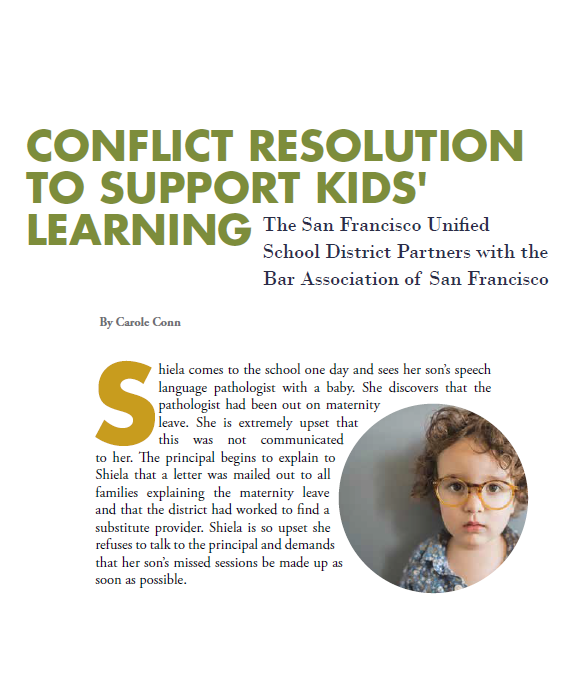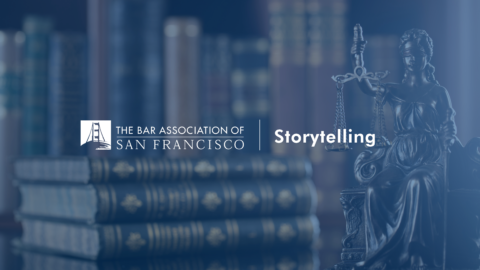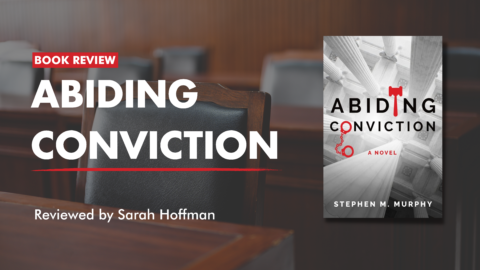
Shiela comes to the school one day and sees her son’s speech language pathologist with a baby. She discovers that the pathologist had been out on maternity leave. She is extremely upset that this was not communicated to her. The principal begins to explain to Shiela that a letter was mailed out to all families explaining the maternity leave and that the district had worked to find a substitute provider. Shiela is so upset she refuses to talk to the principal and demands that her son’s missed sessions be made up as soon as possible.
When learning assessments and education plans have not been implemented as expected or when a limitation of resources has created an interruption in services, misunderstandings and mistrust can develop. This story is one example where conflict between those invested in a child’s learning disrupts a child’s progress. A new approach to resolving conflict could make a difference. This was the hunch and innovative thinking of a retired judge and the former assistant superintendent of special education at San Francisco Unified School District (SFUSD), when they contacted the Bar Association of San Francisco’s (BASF) Mediation Services Program to discuss.
Beginning in the fall of 2014, and under the initial leadership of retired San Francisco Judge Patrick Mahoney and former SFUSD assistant superintendent Dr. Elizabeth Blanco, representatives from BASF’s Mediation Services Program and key personnel at the SFUSD’s special education department started a conversation about bringing Alternative Dispute Resolution (ADR) methods into the schools.
Of the spectrum of conflict resolution approaches offered at the district, the more serious outcomes can include a filing by the parent or child guardian with the California Department of Education (CDE) or litigation to hold a Due Process hearing where an impartial hearing officer acts as a judge and decides the case. In late 2015, a pilot program was launched to add another path to conflict resolution: In partnership with BASF as an outside provider of resolution services, SFUSD piloted the use of ADR. The program’s goals were to resolve complaints and foster better communication overall for long-lasting outcomes in the parent-teacher-school district relationship. The project is now going into its third year of operation having attained successful outcomes: The number of complaints filed with CDE has dropped by 44 percent, and the program has received over 100 referrals for services.
Under state funding for the next two years, SFUSD, family support groups, Support for Families of Children with Disabilities and BASF have developed an ADR model for conflict prevention and de-escalation that incorporates communication strategies sessions for district personnel and two-hour collaborative conferences, facilitated by BASF’s panel of certified mediators. This year, the program expanded to offer facilitated meetings around Individual Education Plans, the road map to support a child’s learning. Mediators with deep knowledge and training in special education law facilitate these meetings.
The success and innovative model of the program has garnered state and national attention. For two consecutive years, BASF and SFUSD program colleagues have presented at the Special Education Local Plan Area Conference, an annual conference of special education educators, professionals and administrators. This past year, the program was invited to present at the national Center for Appropriate Dispute Resolution in Special Education (CADRE) conference, with great interest in the approaches and partnership. What distinguishes the BASF-SFUSD program from other dispute resolution methods used in special education is the provision of services through a neutral, outside, nonprofit provider of mediation services.
With the SFUSD 2025 vision “to provide every student quality instruction and equitable support in order to thrive in the 21st century” in mind, the BASF-SFUSD partnership strives for the same. Clear understandings and trusted relationships are important in any child’s learning, but especially for children with learning differences and special needs.
ADR, and mediation in particular, is highly recommended when relationships will continue for many years into the future, like in the school setting, where families and the school district need to work well together over the course of a student’s academic journey to ensure their success in school. This pilot project is designed to help achieve greater understanding and partnership with parents who express concerns around their children’s learning, more quickly resolve disputes, and help seed improved relations with families and the school district to bring lasting resolutions. It is also hoped that the continued success of this partnership and increased use of ADR in the schools will create the benefits of a cooperative forum of problem-solving more widely available.
About the author:
Carole Conn is the Director of Public Service Programs at the Bar Association of San Francisco. For more information on how to become part of the BASF-SFUSD Mediation Panel, please contact ADR Manager Marilyn King, at mking@sfbar.org or 415-782-8905. Read more about BASF’s Bay Area Mediation Services Program at www.sfbar.org/mediation.


